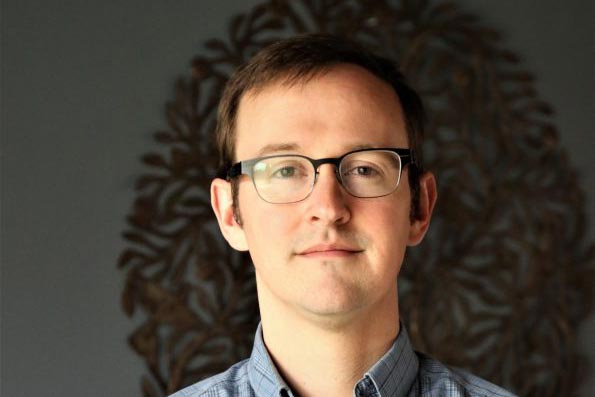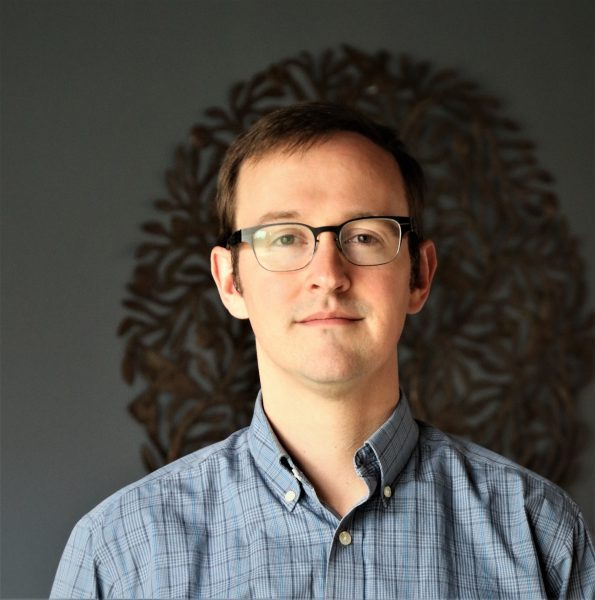More than a year into the COVID-19 pandemic, the world is tired and hurting.
Millions have lost their lives.Hundreds of millions have received a positive COVID-19 test or supported family and friends through the disease.
Billions have seen their social and economic worlds turned upside down.
But this pain has not been evenly felt.
In the US, at nearly every step, from cases to hospitalizations and deaths, layoffs to school closures, those already disadvantaged have often found themselves hit hardest once again.
According to conservative estimates from the US Centers for Disease Control and Prevention, Black individuals have seen rates of hospitalization and death two to three times higher than their white neighbors. Latinx and Native American people have been hospitalized at rates over three times higher than white Americans.
The Congressional Research Service shows white unemployment rates in the US declining from their April 2020 peak of 14.2% to 6% by the end of the 2020, while Black and Lantix unemployment is still close to 10%. College-age (20-24) Black unemployment is still over 16%, higher than white unemployment at last year’s peak.
These current inequalities layer on deep histories of systemic injustice, creating fertile ground for distrust. Public health itself has a shameful history of regarding some “publics” as more deserving than others.
The infrastructures and institutions of global health are built on the foundations of tropical and colonial medicine, which were designed to serve colonial rather than local interests.
Communities of color and marginalized populations in the US have been subject to unethical experimental science (the Tuskegee syphilis study, among others), face disrespect and worse clinical outcomes in the health system, are neglected in life-saving clinical research and guidelines (skin tone bias in pulse ox readings as a recent example) and their lives devalued as health resources flow more quickly to the needs of the majority (for example, chronic underfunding of the Indian Health Service has resulted in the service receiving funds at roughly one-third the per capita rate spent on prisoners’ healthcare).
It is not surprising or unjustified, then, to see higher rates of vaccine hesitancy among people that have been poorly served by the government and public health.
According to the latest Gallup polling, people of color, those without higher education and poorer households are all more hesitant to get COVID-19 vaccines.
To write off their concerns as conspiracy or their questions as ignorance is to only further this inequity.
Without corrective action to hear people’s concerns, acknowledge past harms and begin rebuilding trust, the communities that can afford it least will not catch up in the race to vaccinate.
Lower and slower vaccination rates will result in needless and even more disproportionate hospitalization, death and compounding economic and social pain.
It does not have to be this way.
If we care about equity, we should care about equitable vaccine access and uptake.
Globally, this requires advocating for rich countries to share vaccine supplies through the World Health Organization’s COVID-19 Vaccines Global Access program and continuing to support frontline health staff with protective equipment while they wait for vaccines.
At home, it means thinking deeper about the drivers of distrust in health systems and taking tangible steps toward rebuilding trust. At an individual level, it can start by recognizing that all of us are most influenced by the people we trust and respect.
If we want to be advocates for vaccines, that is a good place to start.




